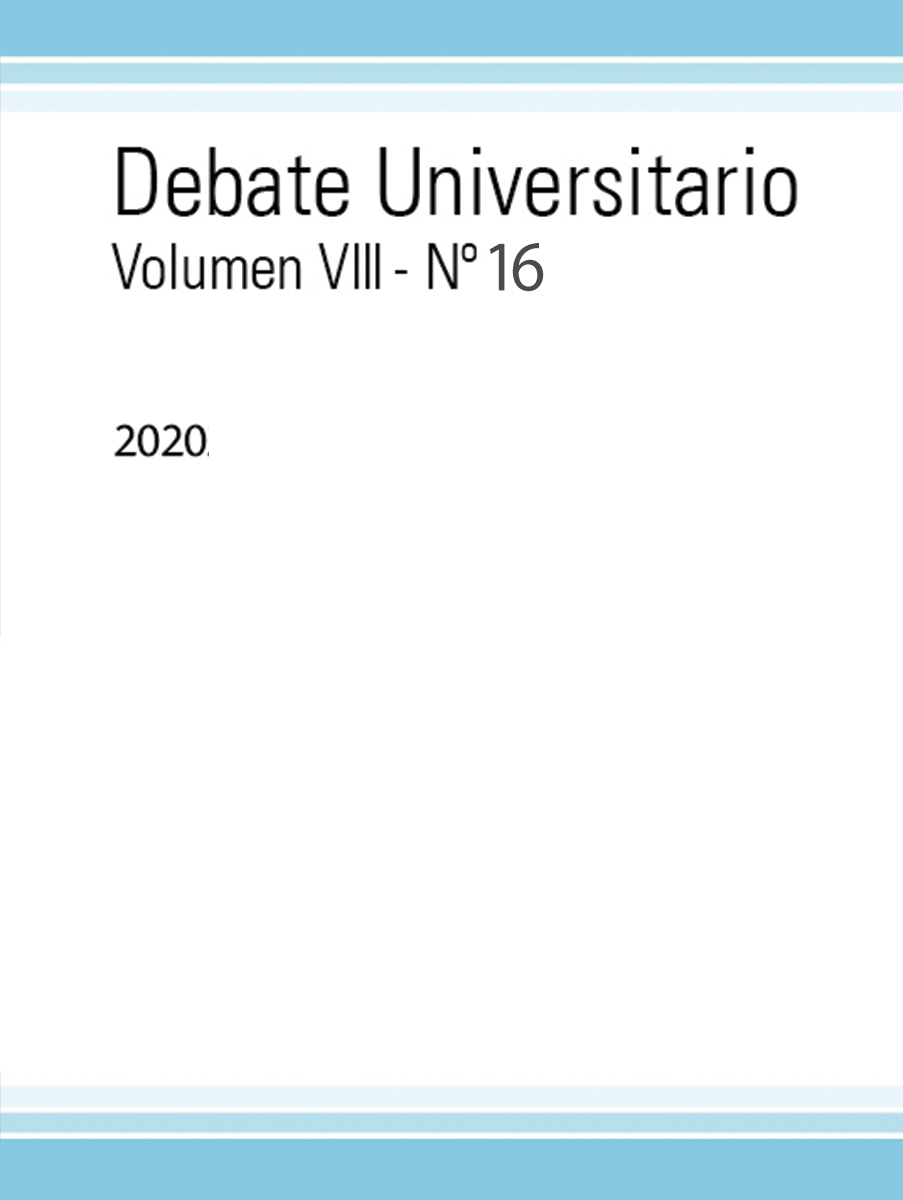Teaching procedural knowledge in agro-environmental university studies
DOI:
https://doi.org/10.59471/debate202058Keywords:
Procedural, Heuristics, University EvaluationAbstract
Agronomic and environmental studies have many disciplines in their syllabus with a high percentage of procedural knowledge. This knowledge consists of a specific and organized set of actions that leads to achieving an aim, which includes the use of rules, techniques, methods, skills, and strategies. However, traditional universities of agronomic studies have based their classes on “master classes” to teach cognitive or discursive content, but also to teach procedures and attitude. Through this work, it will be showed and explained how important it is to define, recognize, and strongly incorporate procedural knowledge cross-sectionally during the teaching and evaluation processes in all the subject-matters of these high studies.
Agro-environmental university studies are mainly composed of disciplines with a preponderance of procedural knowledge. These are the set of ordered actions aimed at achieving an end, including the use of rules, techniques, methods, skills and strategies. However, traditional university agronomic education has had a “master class” teaching model for the dictation of cognitive or discursive knowledge and unfortunately applied to the teaching of procedural and even attitudinal knowledge. It exposes the need to define, recognize and strongly incorporate the teaching and evaluation of procedural knowledge in a transversal way to all the subjects of the agronomic and environmental
university studies
Downloads
Downloads
Published
Issue
Section
License
Copyright (c) 2020 Fabio Adrián Solari (Autor/a)

This work is licensed under a Creative Commons Attribution 4.0 International License.










